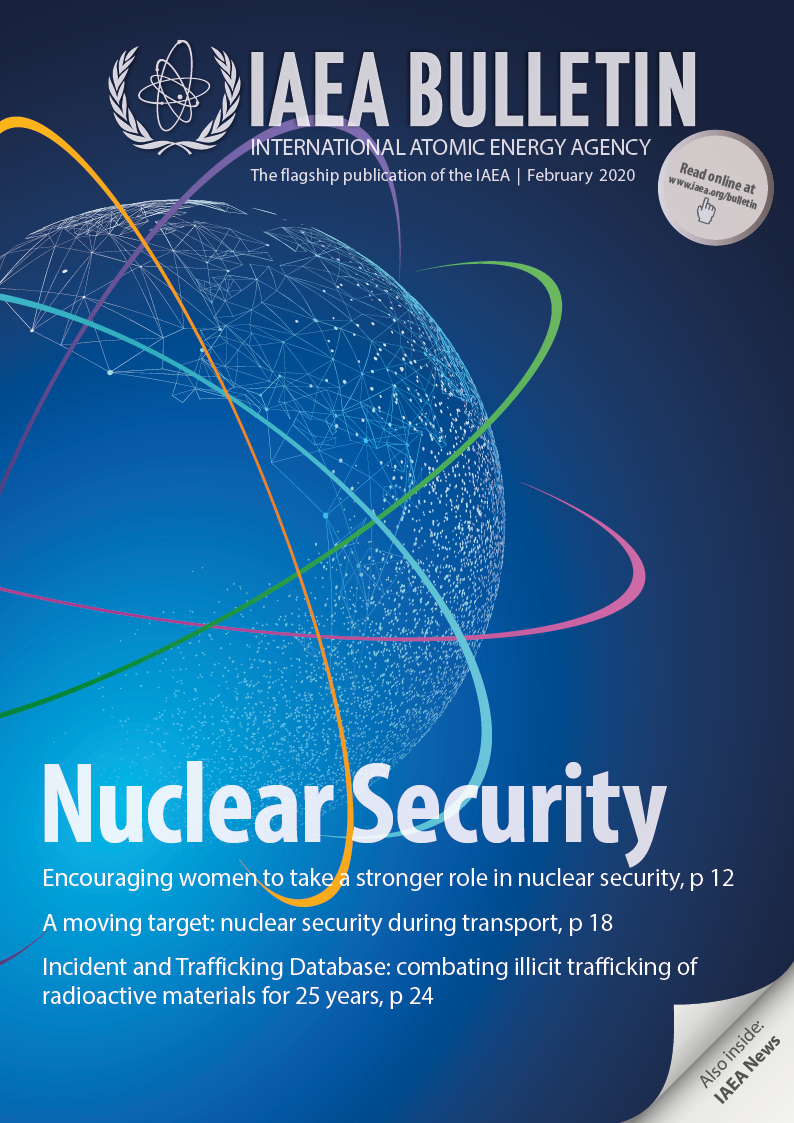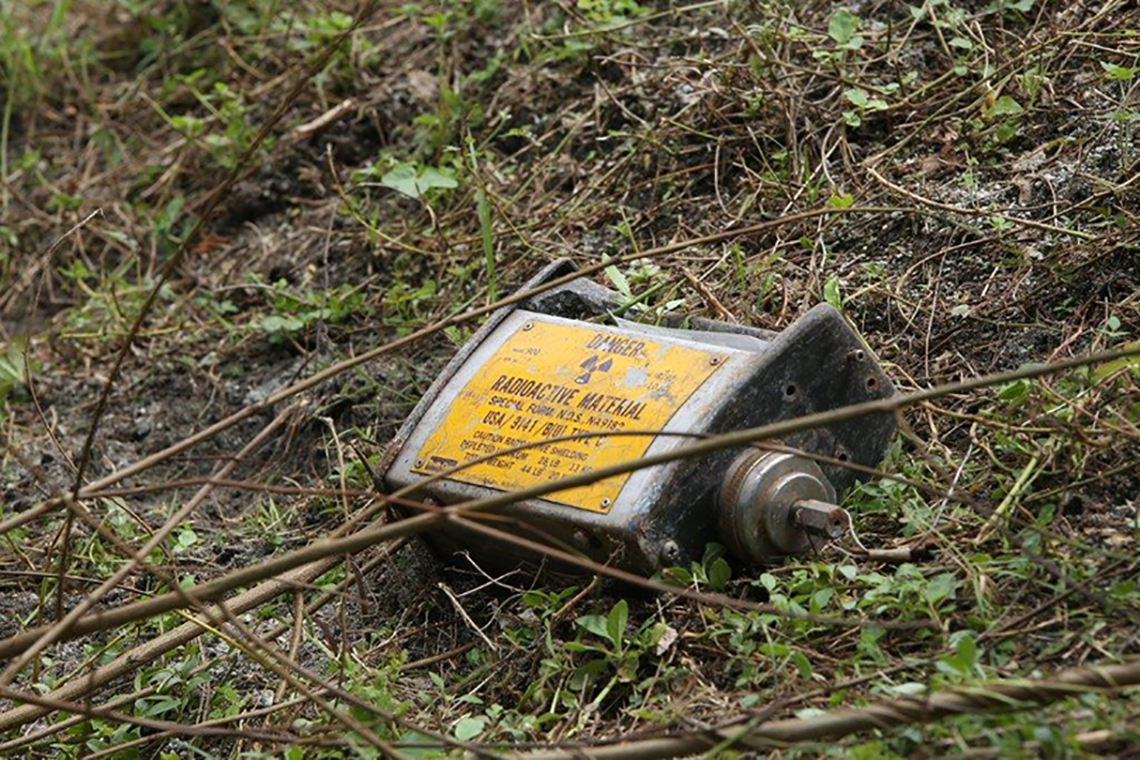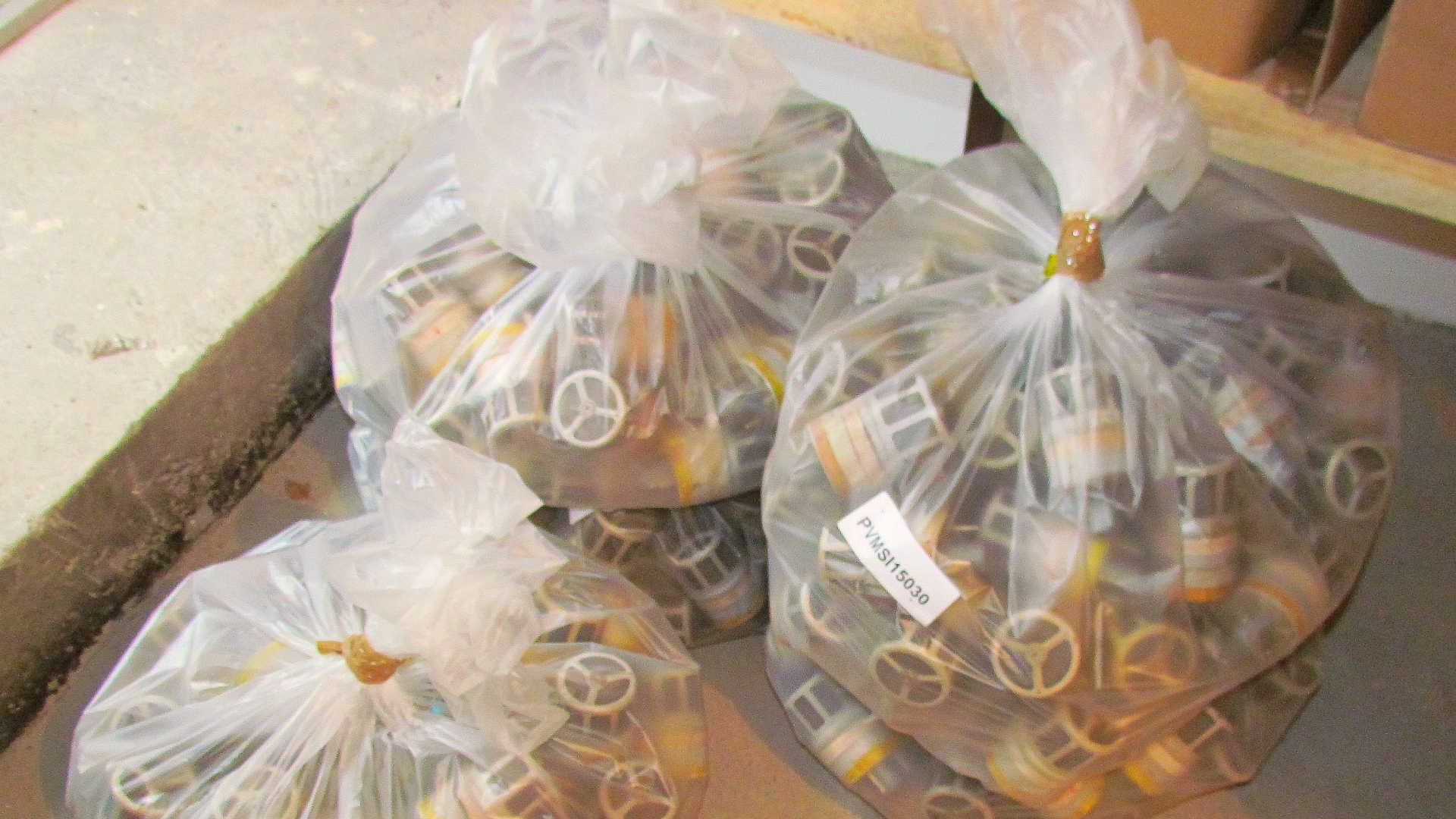Tapping into over 25 years of information, ITDB users can review all incidents in the database with a view to identifying common threats, trends and patterns, which can shed light on criminal activities involving radioactive material and help countries identify areas for strengthening nuclear security. One such pattern identified through analysis has shown that around 50% of thefts reported to the ITDB involve material in transport. This has resulted in many countries enhancing radioactive material detection systems at their borders.
“Analyzing information in the ITDB gives us important insights, such as the types of materials being trafficked, any regions that may be particularly affected or patterns of activity. With over two and a half decades of data, we have a huge volume of information to learn from to help strengthen nuclear security in the future,” Purvis said. “This can assist countries in determining the appropriate course of action to enhance detection and prevention efforts.”
For example, in 2018 and 2019, a series of reports to the ITDB helped authorities identify which systems and measures to strengthen regarding radioactive sources in scrap metal; if an item containing radioactive material is improperly disposed of or erroneously sent for recycling, it may be unknowingly melted and could contaminate the scrap metal product.
In this reported case, potentially dangerous radioactive sources were found in scrap metal containers in Northern Europe. All sources were recovered and have since been stored safely at the country of origin’s national radioactive waste facility. While the case is still ongoing and the details are confidential, reported information led to the conclusion that there is a serious possibility of more similar sources turning up in scrap metal containers in the future.
“The success of the ITDB is due in large part to the contributions of incident reports by participating countries over the past 25 years. With their ongoing support, the ITDB will continue to strengthen global efforts to combat the illicit trafficking of nuclear and other radioactive material through international cooperation and information exchange,” Purvis said.


